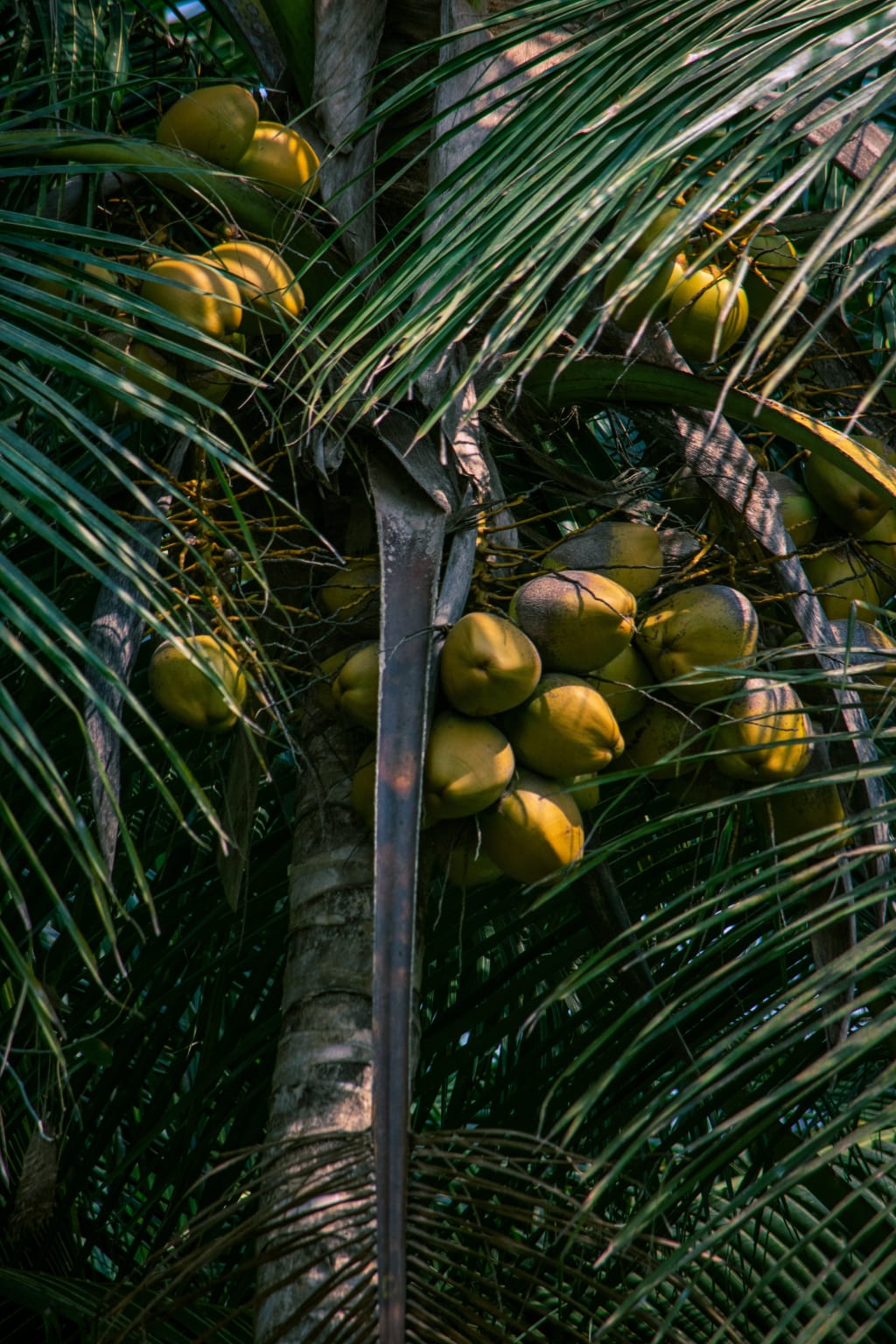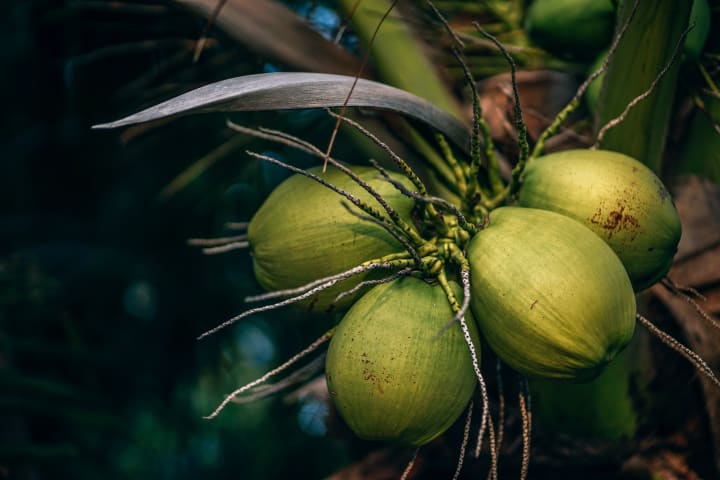The Global Coconut Craze: A Look into Sri Lanka's Thriving Industry
Why Coconut Farmers Risk Their Lives To Feed The World's Superfood Obsession

Introduction
Coconut products have witnessed an unprecedented surge in demand worldwide, particularly in Europe, the United States, and Canada. Sri Lanka, a major coconut producer, has experienced significant growth in its coconut industry, driven by the superfood trend. In this article, we delve into the booming coconut sector in Sri Lanka, exploring the challenges faced by farmers, the rise of coconut processors like Navic Mills, and the implications of the global coconut obsession on local communities.
Sri Lanka's Coconut Industry: A Historical Perspective
For millennia, coconuts have been a staple food in Sri Lanka, deeply ingrained in the country's cultural heritage. Sri Lanka is currently one of the largest coconut producers globally, harvesting approximately two and a half million metric tons annually. Despite this, coconut farming comes with its unique challenges.
The Challenges Faced by Coconut Farmers
Cultivating coconut trees presents a formidable task as it takes up to six years before they start bearing fruit. However, once mature, these resilient trees yield fruit every month and a half throughout their century-long lifespan. To ensure a steady harvest, farmers manage vast coconut forests in rotation, inspecting the palms daily for potential pest infestations, particularly from white flies and Asian rhinoceros beetles, which pose significant threats to the trees.
Scaling 80-foot trees barehanded and barefoot, as done by farmers like Shihan Madushanka, exemplifies the physical demands and risks involved in harvesting coconuts. Farmers' dedication and labor-intensive efforts are essential to satisfy the ever-increasing demand for natural coconut products in the global market.
Navic Mills: The Rising Coconut Processor
Amidst the rising global demand for coconut products, Navic Mills has emerged as a prominent coconut processor in Sri Lanka. In just five years, the company has become one of the largest in the country, generating an annual revenue of around 40 million dollars by exporting coconut oil, cream, water, and milk primarily to European and North American markets.

Meeting the Surging Demand
To keep pace with the soaring demand for coconut products, Navic Mills has undertaken significant expansion measures. Planting an additional 20,000 coconut trees and hiring dozens of new workers are just a few of the steps taken by the company. Additionally, they have invested in modernized facilities and machinery to ensure efficiency and productivity.
The Superfood Hype and its Health Implications
The popularity of coconut products as superfoods has been fueled by marketing campaigns touting their numerous health benefits. Coconut water has been marketed as a natural alternative to sports drinks due to its high electrolyte content, while coconut oil has been praised for its potential to aid in weight loss and improve overall health.
However, nutritionists remain divided on the veracity of these health claims. While coconuts do offer essential nutrients like potassium, fiber, and vitamin C, coconut oil's high saturated fat content has raised concerns. The American Heart Association has issued advisories regarding coconut oil, cautioning against its excessive consumption due to its potential to raise bad cholesterol levels and contribute to cardiovascular issues.
Cultural and Historical Context
Beyond health considerations, the coconut's cultural and historical significance in Sri Lanka and other coconut-producing regions should not be overlooked. Coconuts have been a vital part of the local diet, economy, and traditions for centuries. The global demand and commodification of coconuts have led to economic opportunities, but it is crucial to balance this with respect for the cultural heritage and well-being of the communities involved.
Conclusion
The flourishing coconut industry in Sri Lanka, driven by the superfood craze, has provided economic opportunities and challenges for farmers and processors alike. As the global demand for coconut products continues to grow, it is essential to strike a balance between meeting market needs and preserving the cultural and historical significance of coconuts in their countries of origin. By considering the implications of the superfood trend and ensuring fair trade practices, the global coconut craze can be harnessed for mutual benefit and sustainable growth.
About the Creator
Enjoyed the story? Support the Creator.
Subscribe for free to receive all their stories in your feed. You could also pledge your support or give them a one-off tip, letting them know you appreciate their work.






Comments
There are no comments for this story
Be the first to respond and start the conversation.